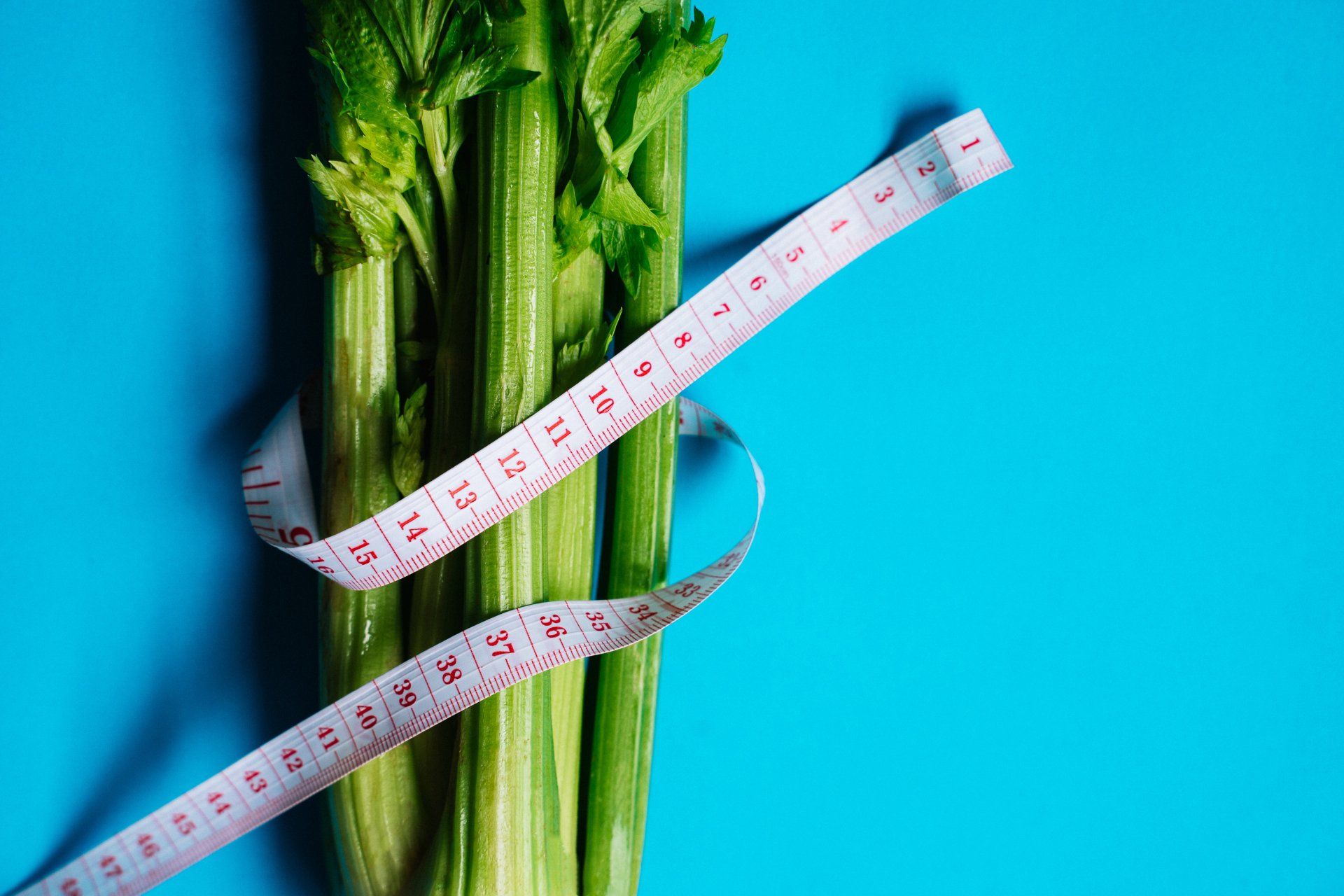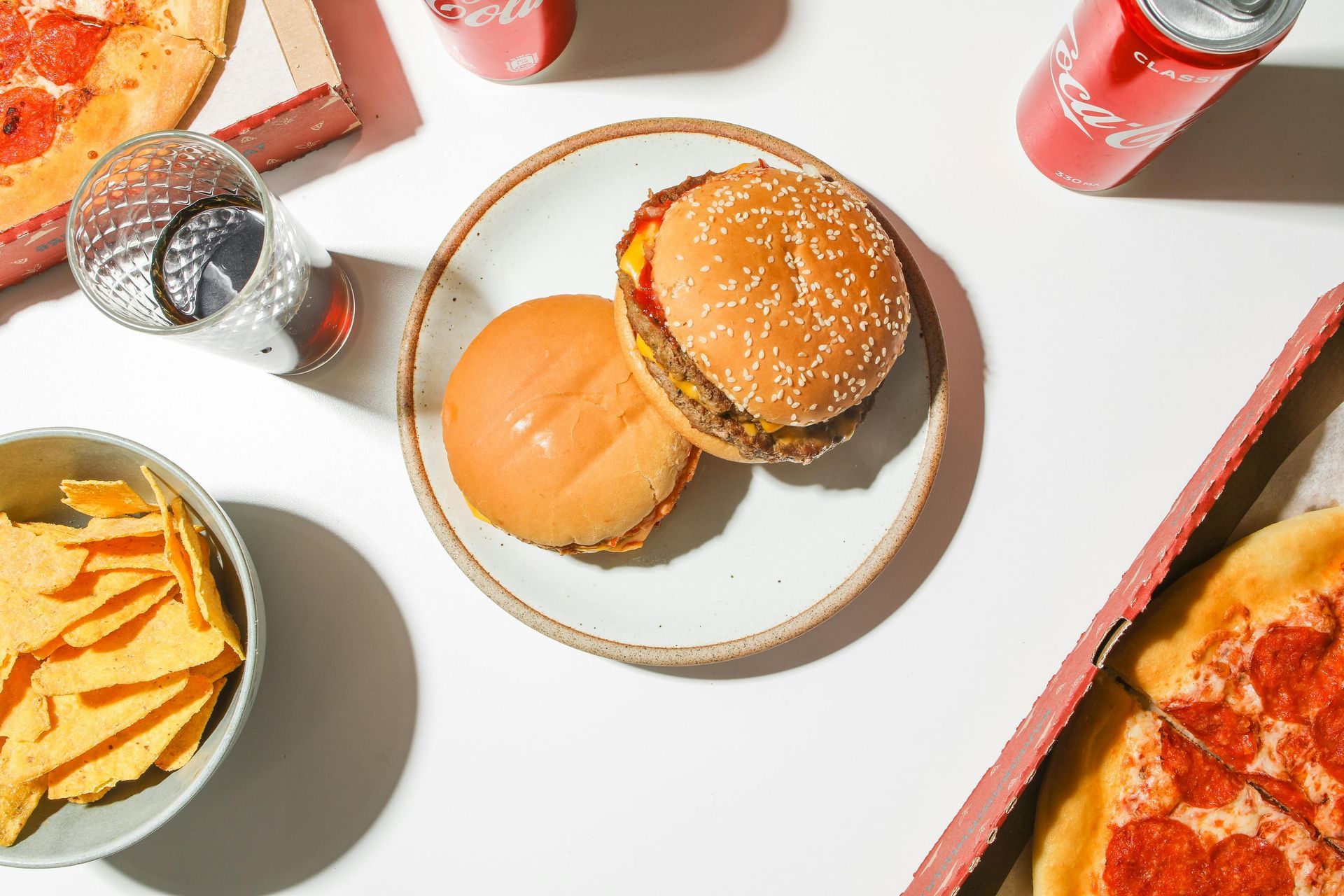How Salt For Weight Loss Can Help You Achieve Your Goals
Salt is a vital component of the human diet; however, it’s also something that many of us consume in excess. Recent studies have shown that too much salt can lead to a variety of health issues, including obesity. But did you know that with the right balance, salt can actually help you reach your weight loss goals? Let’s explore how salt impacts our bodies, including its effects on body weight and body composition, and how to use it as part of an effective weight loss plan.
Understanding the Relationship Between Salt and Weight Loss
The relationship between salt and weight loss is complex and multifaceted. While salt itself does not contain calories, excessive sodium intake can lead to water retention, which can contribute to weight gain. Additionally, high salt intake can increase blood pressure, which can lead to cardiovascular disease and other health problems. However, it’s also important to note that salt is essential for various bodily functions, such as nerve and muscle function, and maintaining healthy blood pressure.
Research has shown that high salt intake can lead to increased fluid intake, which can contribute to weight gain. A study published in the Journal of the American College of Nutrition found that high salt intake was associated with increased fluid intake and weight gain in adults. Another study published in the Journal of Clinical Hypertension found that reducing sodium intake led to significant weight loss in patients with hypertension.
The Role of Sodium Intake in Weight Loss
Salt is made up of two components – sodium and chloride – which are both essential for human health. Sodium chloride helps regulate blood pressure and maintain fluid balance in the body. Too little or too much sodium can cause dehydration, fatigue, and other complications. But when used correctly, it can help you achieve your weight loss goals.
Clinical nutrition provides evidence-based insights on sodium's essential function in the body, including maintaining electrolyte balance and supporting overall health, while debunking misconceptions about salt's necessity and effects on weight loss.
The key to using salt as part of a healthy diet is to understand its role in controlling hunger and cravings. Too little sodium can make you feel hungry more often and make it harder to stick to your meal plan. On the other hand, too much sodium can lead to water retention and bloat, making you feel bloated even when you’re not eating anything unhealthy. The goal is to find the right balance so that you don’t experience any cravings or feelings of hunger throughout the day.
The Impact of Excessive Sodium Intake on Weight Gain
Excessive sodium intake can have a significant impact on weight gain. High salt intake can lead to water retention, which can cause weight gain. Additionally, high salt intake can increase blood pressure, which can lead to cardiovascular disease and other health problems. Furthermore, high salt intake can also lead to increased fluid intake, which can contribute to weight gain.
A study published in the Journal of the American College of Nutrition found that high salt intake was associated with increased fluid intake and weight gain in adults. Another study published in the Journal of Clinical Hypertension found that reducing sodium intake led to significant weight loss in patients with hypertension.
Debunking Common Myths About Salt and Weight Loss
There are several common myths about salt and weight loss that need to be debunked. One common myth is that salt is a major contributor to weight gain. While excessive sodium intake can lead to water retention, which can contribute to weight gain, salt itself does not contain calories.
Another common myth is that reducing salt intake will lead to significant weight loss. While reducing sodium intake can lead to weight loss in some individuals, it’s not a magic bullet for weight loss. A healthy diet and regular exercise are still essential for achieving and maintaining a healthy weight.
Monitoring and Managing Salt Intake for Weight Loss
Monitoring and managing salt intake is essential for weight loss. The American Heart Association recommends consuming no more than 2,300 milligrams of sodium per day. However, if you’re trying to lose weight, it’s recommended to consume even less sodium.
To monitor and manage salt intake, it’s essential to read food labels and choose low-sodium options. It’s also important to cook at home using fresh ingredients and to limit processed and packaged foods, which are often high in sodium.
The Importance of Balance in Salt Consumption
Balance is essential when it comes to salt consumption. While excessive sodium intake can lead to health problems, too little sodium can also be problematic. The body needs some sodium to function properly, and a deficiency in sodium can lead to hyponatremia, a condition characterized by low levels of sodium in the blood.
To achieve balance in salt consumption, it’s essential to consume salt in moderation. The American Heart Association recommends consuming no more than 2,300 milligrams of sodium per day. It’s also important to choose low-sodium options and to limit processed and packaged foods, which are often high in sodium.
By understanding the relationship between salt and weight loss, debunking common myths, monitoring and managing salt intake, and achieving balance in salt consumption, individuals can make informed choices about their diet and lifestyle to achieve and maintain a healthy weight.
Tips for Reducing Salt Intake
Now that we understand how salt affects our bodies and how it relates to weight loss goals, let’s look at some tips for reducing our intake without compromising on flavor or nutrition. First, start by adding herbs and spices instead of salt to your meals – they’ll bring out the natural flavors in food without adding any unnecessary calories or fat. Monitoring dietary salt intake is crucial to maintain health. Then limit processed foods as much as possible; these are usually high in salt content because manufacturers add them for flavor and preservative purposes, which can contribute to high blood pressure. A high salt diet is also associated with obesity. Finally, opt for whole foods like fresh fruits and vegetables whenever possible; these are naturally low in sodium but still provide essential vitamins and minerals that help keep us healthy while promoting weight loss success!
In summary, salt is an important component of a healthy diet but should be used judiciously if we want to achieve our weight loss goals. By understanding its role in controlling hunger and cravings, we can create an optimal balance between sodium intake and other essential nutrients for optimal health benefits—including successful weight loss! Recommendations suggest limiting sodium intake to less than 2,300 milligrams daily, equivalent to about one teaspoon of table salt. If you’re looking for more guidance on managing your diet effectively, contact Slim4Life today! We offer personalized programs tailored specifically to each client’s unique needs so that they can reach their fitness goals faster than ever before!
Cited Source:
Modifications in food-group consumption are related to long-term body-weight changes123
Drapeau, Vicky et al. The American Journal of Clinical Nutrition, Volume 80, Issue 1, 29 - 37







